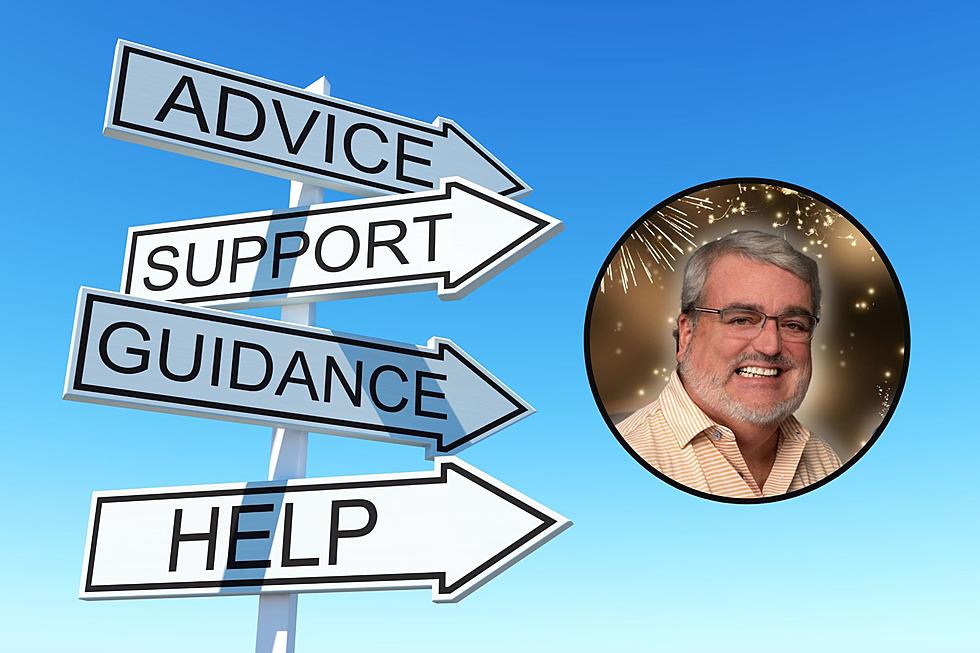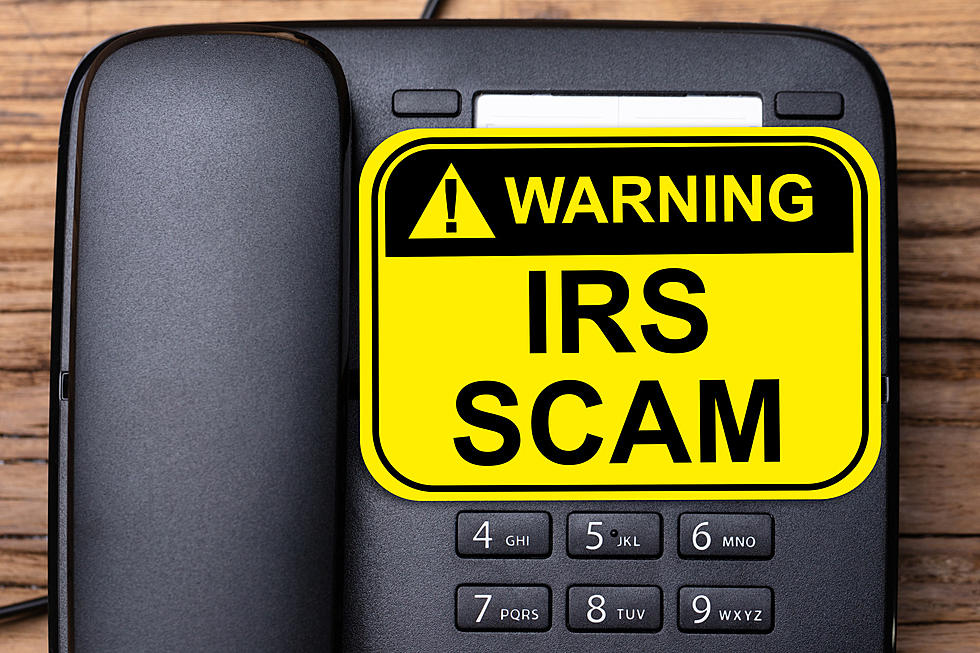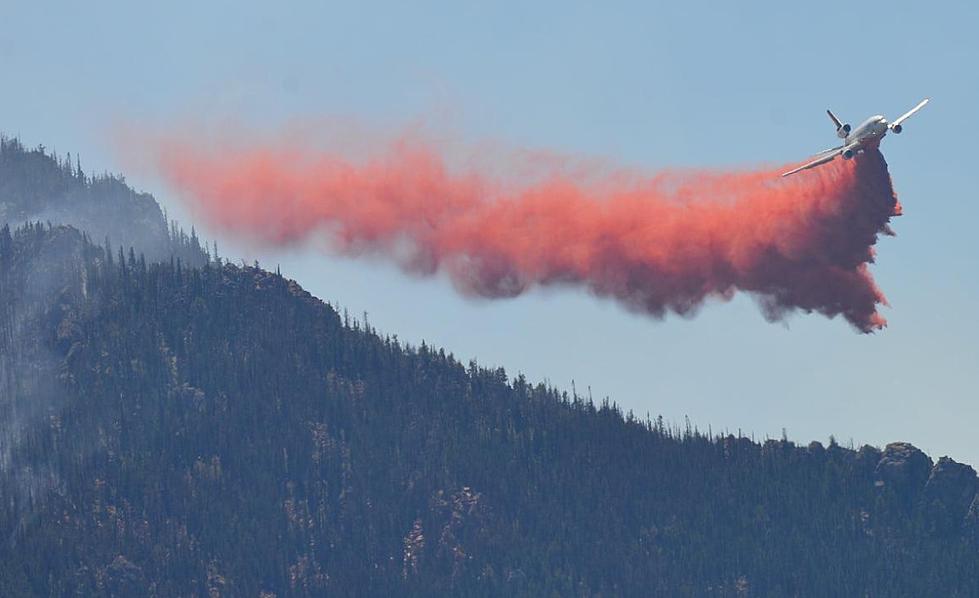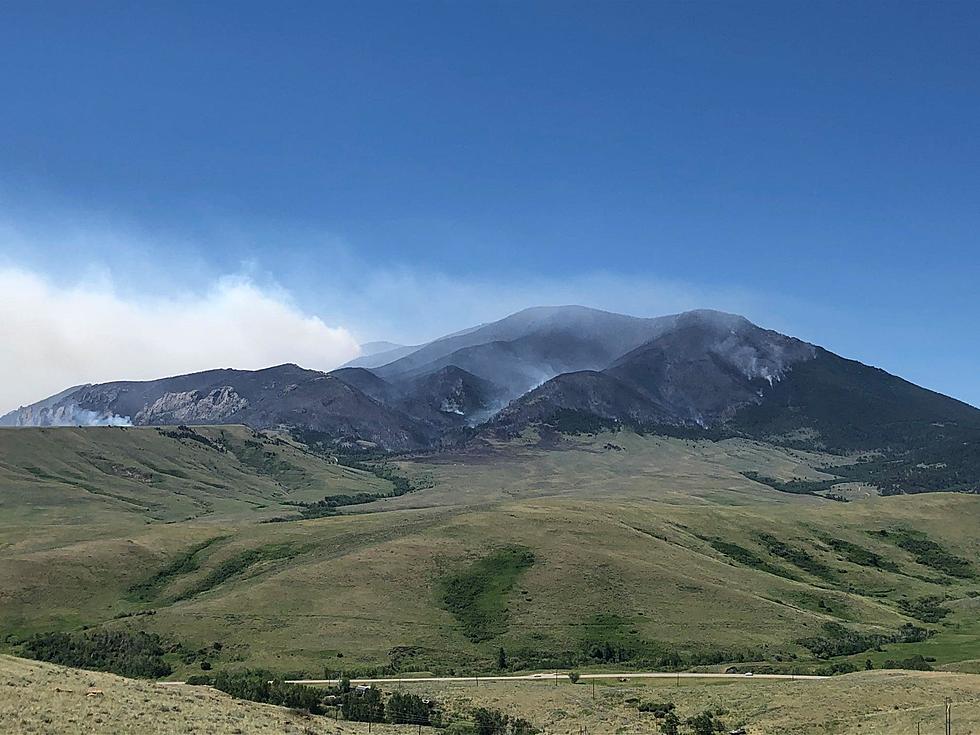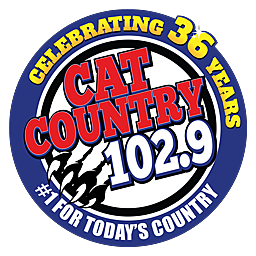
Elder Abuse and Wildfire Insurance in Montana
On Tuesday, State Auditor and Insurance Commissioner Troy Downing spoke to KGVO about elder exploitation in Montana. State officials noted that in 2020 a record 4,500 Montanans were victims of elder abuse, an increase of nearly 30% since 2018.
“Montana has the second oldest population in the country,” Downing said. “That’s an interesting data point. 75% of the securities fraud cases investigated and prosecuted by my agency, by the State Auditor's Office, involve victims that are 65 years of age or older.”
Downing said cases of neglect and financial exploitation are rising and people can report cases of elder abuse at 1-844-277-9300. Officials said the average victim nationally loses $120,000 through financial exploitation.
“There is nothing that will make your heart sink like having a senior, a 75 to 80 year old person who is retired and living off of their savings, social security or whatever it is that they're there they're living on, that is sobbing because somebody has just defrauded them of their life savings and they're trying to figure out how they're going to pay their bills and eat.”
Downing said he has a large team of lawyers and prosecutors that will go after bad actors and hold them accountable.
He also said now is the time to review your insurance policy to make sure you are sufficiently covered in the event your home is damaged or destroyed by wildfire.
“You have something that is insured for 50% of what the actual replacement cost was,” Downing said. “Let's say you have a flood or something that destroys part of your house and that costs $100,000 to fix. That insurance company may penalize you and only pay $50,000 of that $100,000 claim because you were only paying for 50% of the actual replacement cost of that home.”
Downing said property will be damaged and destroyed by wildfire this year, but the best thing folks can do is be prepared and properly insured.
“In very high risk areas, some insurers will choose to stop writing business there,” Downing said. “If you're in an area that has a lot of risk, you might eventually get a certificate of non-renewal, meaning they're not intending on renewing your insurance policy. You may have options with a different company, maybe a more expensive policy, or you may not in which case you have to start looking at what are called these surplus lines, which are the specialty high risk insurance policies.”
Downing encouraged folks to call 444-2040 or to visit CSIMT.gov if they have any questions.
LOOK: Here is the richest town in each state
LOOK: The most famous actress born the same year as you
More From Cat Country 102.9

